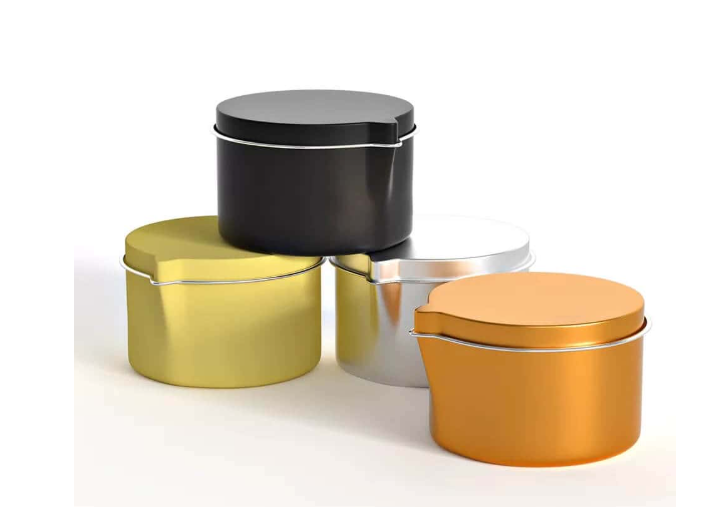TechBullion
5d
159

Image Credit: TechBullion
Advantages and disadvantages of different custom tins materials for manufacturers
- Custom tin materials, including tinplate, aluminum, stainless steel, and eco-friendly alternatives, offer various advantages and disadvantages for manufacturers.
- Tinplate is widely used for its strength, corrosion resistance, and ability to retain intricate patterns but is heavier than aluminum, more prone to denting, and has a higher environmental impact.
- Aluminum custom tins are lightweight, resistant to rust, and offer modern designs but are more expensive, less rigid, and energy-intensive to produce.
- Stainless steel custom tins provide durability and a high-end aesthetic but are costly, heavy, and have limited design options compared to other materials.
- Eco-friendly custom tins made from recycled materials appeal to sustainability-conscious brands but can be expensive and limited by regional recycling infrastructure.
Read Full Article
9 Likes
For uninterrupted reading, download the app